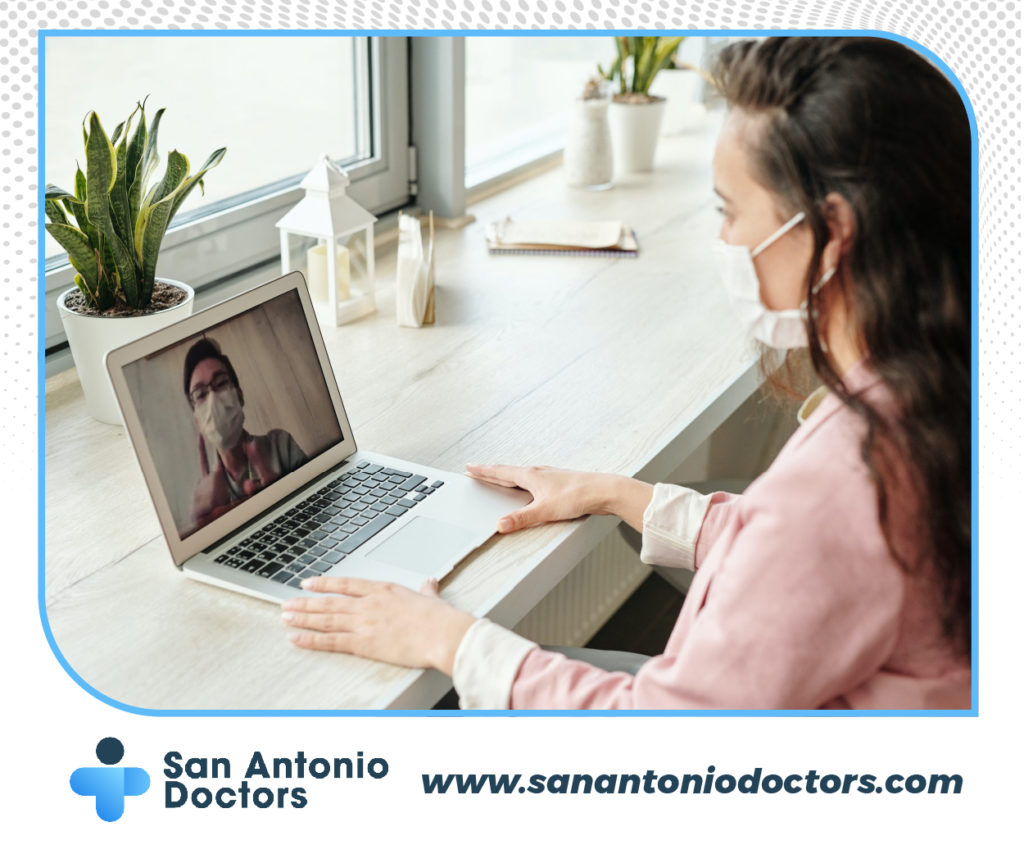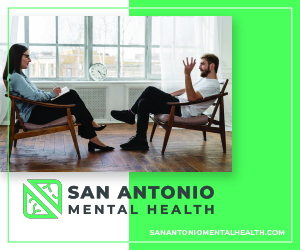Increasing awareness of the importance of health literacy
By Nicole Rogers, MPH, CHES
Nearly half of all American adults — 90 million people – have difficulty understanding and using health information, according to a report from the Institute of Medicine. Examples of health information include your doctor’s instructions, your prescription at the local pharmacy, physician referrals, health insurance coverage and/or information on federal programs such as Medicaid, Medicare and CHIP. The same report concludes that people who have a hard time understanding health information have a higher rate of hospitalization and use of emergency services and that this may lead to billions of dollars in avoidable health care costs to families and their healthcare providers.
More than a measurement of reading skills, health literacy also includes writing, listening, speaking, calculating and conceptual knowledge. It is the degree to which individuals have the capacity to obtain, process and understand basic information and services needed to make appropriate decisions regarding their health.
People of any age, income, race or background can find it challenging to understand health information. In fact, according to the American Medical Association, poor health literacy is “a stronger predictor of a person’s health than age, income, employment status, education level and race.”
At some point, most individuals will encounter health information they cannot understand. Even well-educated people with strong reading and writing skills may have trouble comprehending a medical form or a doctor’s instructions regarding a drug or procedure.
Several factors have contributed to the need to improve health literacy. Rapid advances in medical research and technology have made communicating patients’ diagnostic and treatment options highly complex. All too frequently, physicians do not explain their information in layperson’s terms or in a way that patients can understand. Physicians are under increasing time pressure in today’s clinical setting. They may not recognize when patients do not understand medical information or instructions. Many patients, because they are embarrassed or intimidated, do not ask health care providers to explain difficult or complicated information. If patients do not understand medication and self-care instructions, a crucial part of their medical care is missing, which then may have a adverse effect on their clinical outcomes.
Research conducted through several studies suggests that people with low literacy:
• Make more medication or treatment errors
• Are less able to follow treatments
• Lack the skills needed to negotiate the health care system
• Are at a higher risk for hospitalization than people with adequate literacy skills.
Understanding the tasks that patients are required to carry out further after receiving health information emphasizes the importance of health literacy. When giving health information, the provider should be aware if the person receiving it is literate in one or more of the following ways:
• Visually literate: able to understand graphs and other visual information.
• Computer literate: able to operate a computer.
• Information literate: able to obtainand apply relevant information
• Numerically or computationally literate: able to calculate or reason numerically.
If not, the provider will need to alter his or her health information messages in a way that the individual will be able to understand the health information being provided.
Among the populations vulnerable to health literacy issues are the elderly (age 65 and over), minority populations, immigrant populations, low-income populations and people with chronic mental and/or physical health conditions.
Creating strategic partnerships is an important step in improving health literary. On the national level, Pfizer, one of the country’s largest pharmaceutical companies, has taken some positive steps. Pfizer has supported more than five years of research, in both academic and clinical settings, to determine the causes of inadequate health literacy and the scope and impact of the problem. Based on this research, the company has begun to develop solutions that center on clear health communications.
The company partnered with the American Medical Association Foundation to raise awareness and understanding of health literacy among physicians and to develop tools that will improve communication with patients. The AMA Foundation awarded Pfizer a grant to develop a tool kit and a Web site, as well as other grants to support physician-focused clear health communication programs and media outreach efforts. The AMA’s distribution network will be used to take these programs to their membership.
Pfizer also is supporting the Florida Health Literacy Study, a clinical trial at the University of South Florida designed to determine the most effective interventions for improving health outcomes for patients with diabetes or hypertensions. In addition, the company is developing community-based initiatives with national patient advocacy groups in association with the National Health Council.
Locally, The Health Collaborative again this year is supporting the efforts of the San Antonio Health Literacy Initiative. The organization is hosting its second annual San Antonio health literacy conference, “The Impact of Health Literacy,” on October 13 at the Sheraton Gunter Hotel. Last year, the San Antonio Health Literacy Initiative brought together many community health and social service organizations to begin discussing health literacy and its impact on our community. The seminar – the first to be held in the city on health literacy – was a good first step in increasing awareness of health literacy in our community.
Raising awareness of the issue in our community continues to be important and there is much that we all can do in collaboration. Here’s what you can do to help.
Health care professionals
If you are a health care professional, work to increase awareness of the health literacy in the workplace and in your professional organizations. This can mean writing an article on health literacy for your organization’s newsletter and including information on health literacy events, like the upcoming conference, in your organization’s newsletter. Make plans now to become a sponsoring organization of the San Antonio health literacy conference next year. Collaborate with other health care organizations and put together your own meeting program on health literacy. This type of collaboration means more attendees and the opportunity to secure more high-profile speakers.
Business and community leaders
If you are involved with a business, professional or social organization with funds to invest in the community, consider funding a project related to health literacy. A good start is to contact The Health Collaborative. We serve as a clearinghouse to give your organization an overview of the many aspects of the health literacy issue and put your organization in touch with organizations already involved in health literacy that can use your support.
Church involvement
If your church offers services for seniors, consider sponsoring a health literacy seminar for seniors and their adult children/caregivers. Your church may be able to partner with several other churches to reach a larger audience and to work with a local hospital to provide speakers.
Nicole Rogers, MPH, CHES, is the executive director of The Health Collaborative. A cutting-edge, public-private model for solving community health issues, The Health Collaborative began informally in 1997 when several area health care organizations agreed to put aside their competitive business practices to conduct the first community health assessment. The mission of the organization is to improve the health status of the community through collaborative means. Representatives of this group are dedicated to the health and well being of our community in the spirit of collaboration. Partners include the major health systems in San Antonio, Metro Health, the YMCA of Greater San Antonio, Community First Health Plans, Methodist Healthcare Ministries and a community representative. For more information on health literacy and other community health issues, visit their Website, www.healthcollaborative.net.






